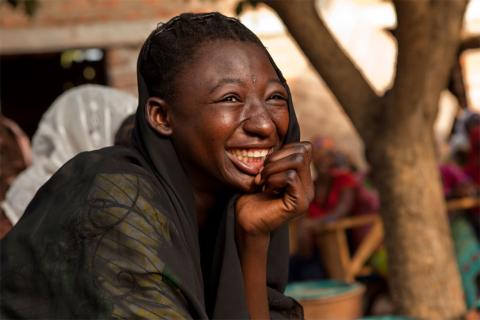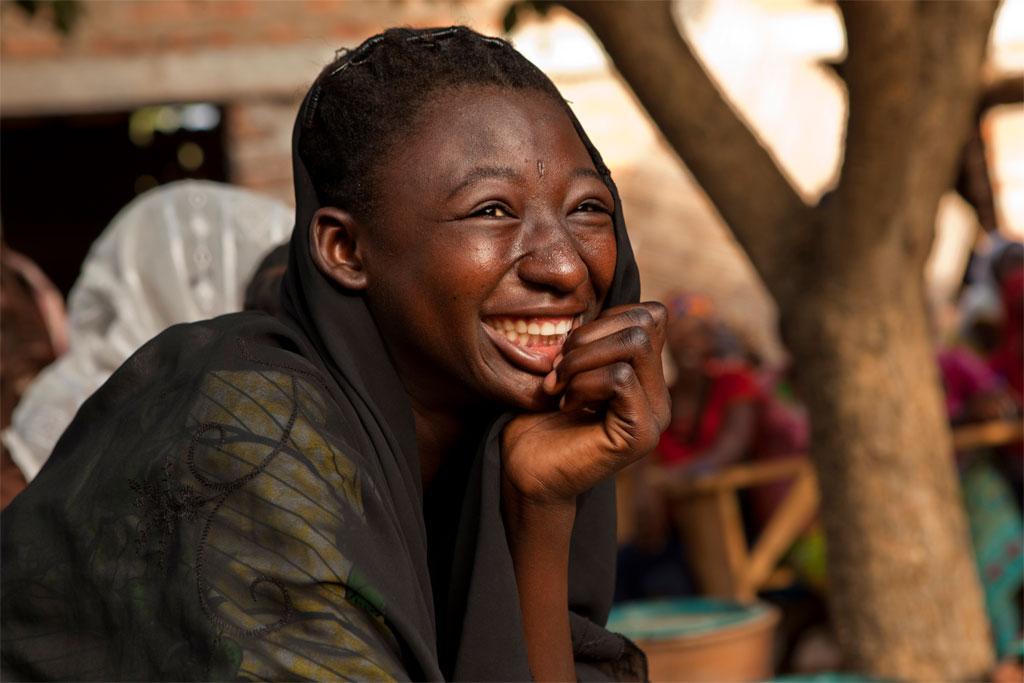
In 2014, Chad, a landlocked country with major health challenges for 12 million inhabitants, benefits from an unparalleled opportunity to strengthen the health system. Forty million dollars in all are planned within the financing framework of the GAVI Alliance and the Global Fund to Fight AIDS, Tuberculosis and Malaria.
Chad’s National Health Development Plan (PNDS2) was adopted in 2013. It stems from 23 regional health development plans, and is in line with the National Development Plan and the National Health Policy. It establishes a guide for the implementation of health activities considered a priority in the country, a reference frame for follow-up and evaluation, and a basis for dialogue between actors of the healthcare sector at the national, regional and international level.
The EU-Lux-WHO partnership supported the elaboration of the PNDS2, and takes advantage of complementarity for strengthening the health system. The partnership brings around the table various programs in the fight against diseases to unite their efforts.
This work began with a prioritization of problems found in the PNDS2, and in each of the national strategic plans for HIV/ AIDS, Tuberculosis, Malaria and vaccination. These priorities were classified in five domains: health information, medicine supply, strengthening community activities, human resources and governance. These axes include the main obstacles identified by the Ministry of Health to the achievement of results regarding the fight against the three diseases and vaccination.
Secondly, with regard to the financing priorities defined by the Global Fund and GAVI, the interventions in the national plans were harmonized to develop a plan of action. This systematic and integrated approach includes the need for the above programs, with a particular focus on reproductive, maternal and child health.
The meeting in N’ Djaména in July 2014 allowed the WHO, within the EU-Lux partnership framework, to strengthen the case in favor of this approach. The submission of HSS request to both financial organizations should be made before the end of 2014.
